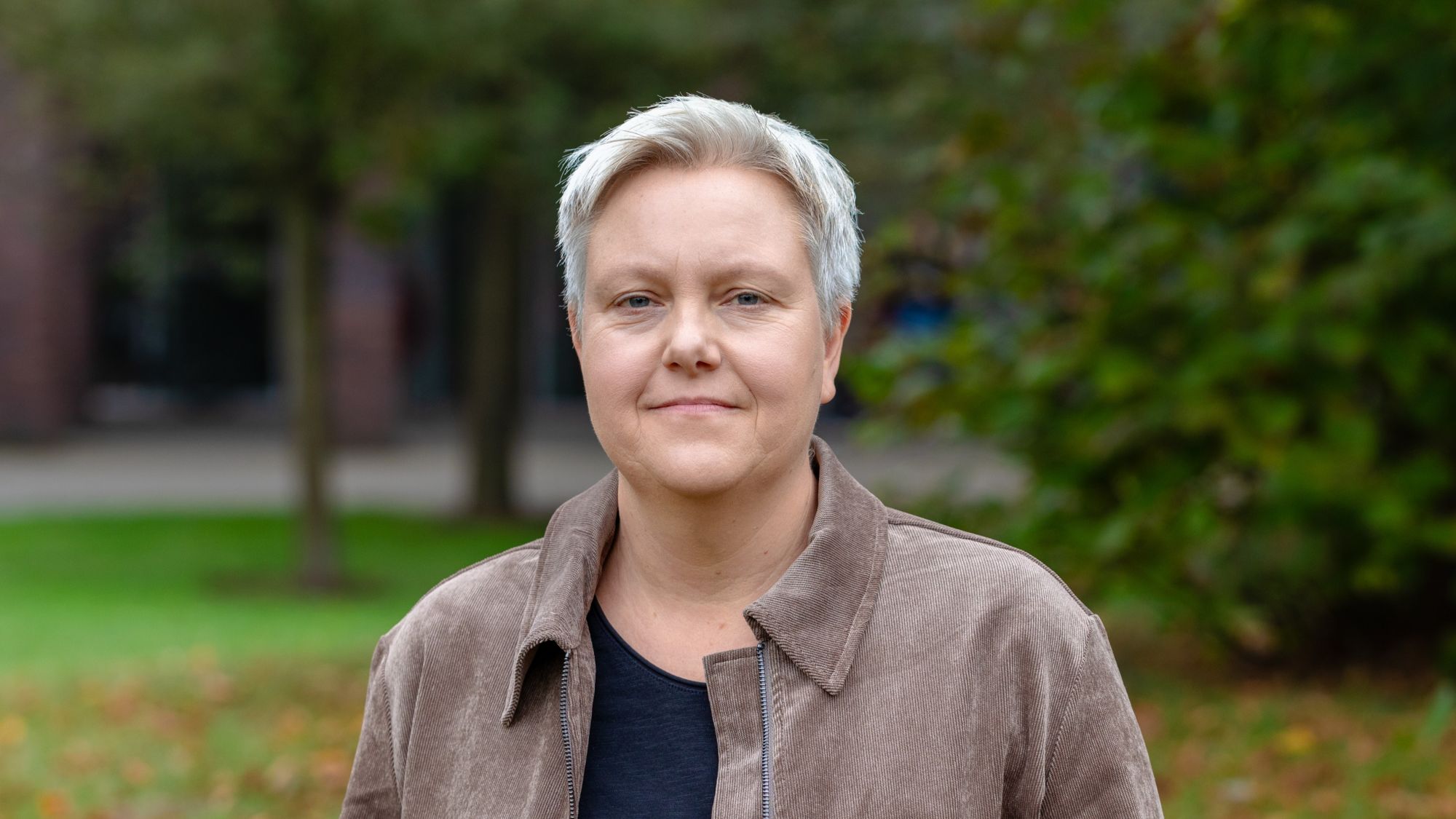
© Matej Meza / Universität Bremen
“Climate Action Needs Social Sciences”
Why the Augsburg Appeal (Augsburger Aufruf) calls for human geography, sociology, and other disciplines to play a greater role – an interview with Dr. Stefanie Baasch
Technical solutions alone will not stop climate change – this is the message of the Augsburg Appeal, a joint statement by renowned scientists from the social sciences. Dr. Stefanie Baasch, a human geographer from the artec Sustainability Research Center, explains in an interview why climate research must be approached not only from a natural science perspective, but also from a social science perspective – and how urgently more funding is needed in this area.
Dr. Baasch, in the Augsburg Appeal, you call for social science findings to be given greater consideration in climate action. What can disciplines such as human geography, sociology, political science, and psychology contribute that natural science and technical subjects cannot?
Anthropogenic climate change is not a natural process, but rather the result of highly complex, interwoven human actions with biophysical and ecological reactions. In scientific and technical fields and in climate action, humans have so far been viewed in purely functional terms and addressed as ‘humanity’’ as a collective entity. This is highly problematic because it ignores the serious differences between individual, structural, and institutional aspects of climate change and its unequal social and spatial impact.
In order to develop effective and just measures for climate action and adapt to climate change, we need to analyze social contexts and dynamics in a more nuanced way and take into account different kinds of knowledge – not only from the academic world, but also from everyday life. The field of social sciences can provide differentiated answers to questions about the causes, complexity, and mitigation of climate change, as well as how to protect against and adapt to it. In this way, they can contribute to more effective climate action policies.
The appeal also refers to climate action facing an “implementation crisis.” Why, in your opinion, do so many measures fail, even though we know the facts?
There are many reasons for this: First, political measures are often not sufficiently consistent or far-reaching. Second, climate action measures must be designed to be more social justice-oriented. Third, there is still a prevailing hope – which I believe to be misguided – that technical innovations will somehow enable us to tackle the problem of climate change and effectively protect the environment. However, there is no evidence to support this. On the contrary, technological innovations have often been accompanied by an increase in energy and resource consumption, for instance, through rebound effects.
Successful, sustainable climate action requires far-reaching social transformation processes that encompass fundamental changes in existing patterns of production and consumption.
The Augsburg Appeal also calls for more targeted funding for social science climate research. What might this look like in practice, and why is it particularly important for future generations?
There is an urgent need for comprehensive funding for social science climate research through national research programs. To date, only a small fraction of climate research funding has been allocated to social science projects. In addition, we need independent funding for interdisciplinary and transdisciplinary climate research that provides a leading role for the social sciences so that different forms of knowledge can be integrated. This means that funding needs to be provided for a sufficiently long period, as such research activities also involve establishing cooperative relationships with practitioners.
Other important aspects include institutionalizing social science climate research at universities and non-university research institutes, as well as strengthening climate research networks and associations to promote the co-production of knowledge, science communication, and knowledge transfer. And, of course, we need comprehensive support for early-career academics in the field of social science climate research. In my view, this also includes offering attractive and predictable career paths, which are very rare in the social sciences.
Future generations will face even greater challenges posed by climate change. Unfortunately, the efforts made so far to combat and prevent crises caused by climate change are completely inadequate. In short, business as usual is not an option. In order to tackle the necessary and far-reaching social transformation processes, we urgently need differentiated and in-depth knowledge about social dynamics, conflicts, and options for action, etc. in order to bring about sustainable changes in the economy, politics, and society.
Further Information
The Augsburg Appeal (Augsburger Aufruf) was issued by renowned academics from the fields of social sciences and cultural studies. It is aimed at political decision-makers, academia, and the general public, and urges them to finally take the social dimension of climate change seriously. The goal is to establish well-founded, fair, and feasible climate action that focuses on people in all their complexity. In March 2025, the appeal was presented at the annual conference of the German Climate Consortium (DKK), of which the University of Bremen is a member.